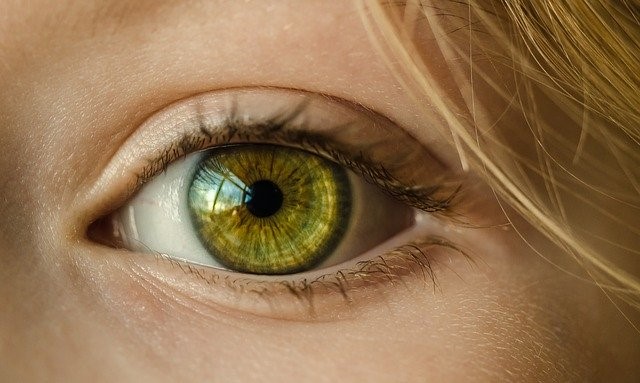Our eyes are one of the most valuable parts of our bodies. Every day, we use them to write emails, read newspapers, watch TV, and find our way to reach our homes and offices. We don’t realize that our eyes are continuously working. We close them only when we go to sleep. Considering our whack sleeping hygiene, our eyes are not getting the treatment they deserve, and there isn’t any relaxation spa for eyes!
No wonder most of us reading this page right now are reading it from behind our corrective spectacles! As if our misconduct wasn’t enough, our helpful pair of eyes are severely exposed to a whole lot of harmful things as well, such as ultraviolet light, and blue rays.
What are these Dreaded Blue Rays?
According to one optometrist Calgary, most harmful blue rays come from sunlight, laptops, mobile phones, and even television. Its wavelength ranges from 380 to 500 nanometers. Blue light can be harmful to you, particularly during nights when too much of this light can affect your circadian system.
Too much blue rays can cause complications like skin cancer. One may also get snow blindness or photokeratitis. In this condition, your eyes may get ‘sunburnt’. Generally, 1/3 of all visible light is blue light, so, what this implies is that naturally, we are all the time exposed to this form of radiation.
How can we protect our eyes from blue light?
- The first and foremost thing you can do is take regular breaks from your computer-related work. If you are spending a lot of hours in front of your laptop or computer, yank yourself off every 20 minutes. Doctors suggest a 20:20 rule meaning work 20 minutes on your computer, then give yourself a 20-minute break. If you have kids, you may consider switching off your tv after 20 minutes to enforce this rule. Another part of his rule is to sit at least 20 feet away from your television.
- Computer glasses – If taking a 20-minute break is not helping you, please visit an ophthalmologist and get a pair of computer glasses. These protect your eyes from harmful blue light and usually have a yellow tint. Choose those glasses that have an anti-reflective coating. This coating stops the reflection of blue light from both sides of your lenses.
- Screen filters can also block blue light from escaping from the computer and mobile screens. These filters can be easily installed and are inexpensive. Most mobile retail shops sell these filters. To understand your eye’s situation, you can visit the nearest eye specialist in your area.
- Boosting your macular pigmentation- This pigment sits right in the centre of our eyes and is also called the macula. This yellow-coloured pigment stops the blue light from damaging our eyes, but over a period, it can get damaged. To prevent this damage, you may consider supplementing it with the help of carotenoids like lutein, zeaxanthin and meso-zeaxanthin: green vegetables, kale, and certain kinds of fish help in the boosting of this pigmentation.
- You may also stop the blue light from damaging your eyes by installing IOLs. An IOL is an intraocular lens and is quite similar to our natural eye lens. When the latter is damaged significantly, eye doctors and surgeons fit an artificial IOL in our eyes. Please understand that there is no guarantee that an IOL would work as efficiently as the natural eye lens.
- Adjust your workplace lighting- If the ambient light is low, your eyes will work harder. On the other side, if there is a glare on your screen, your eyes would be strained. To protect your eyes, place your computer perpendicular to the window.
- Another way to protect your eyes is to adjust your screen brightness. Go to settings and modify your computer screen brightness.




